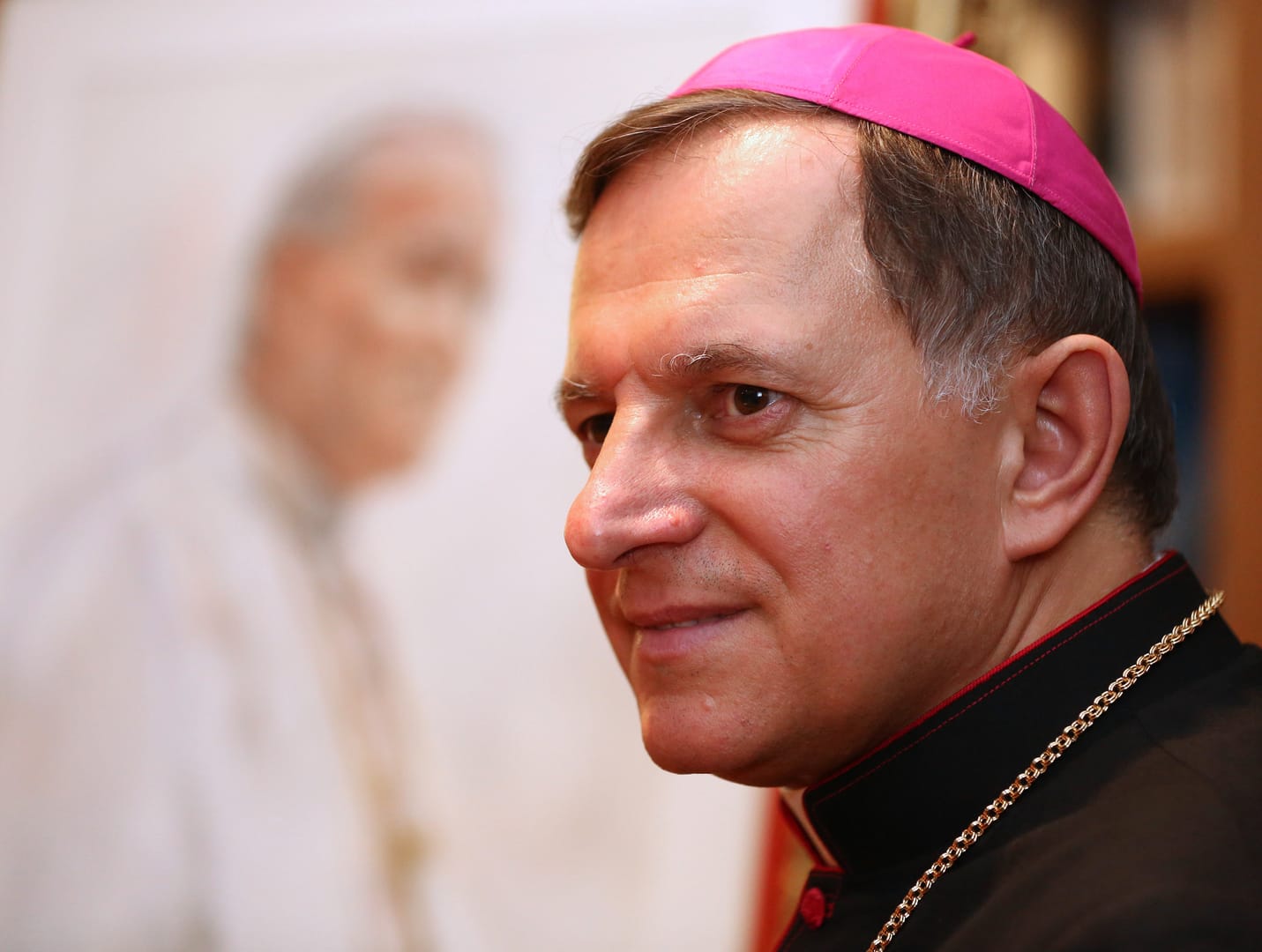When the government of Ukraine ordered its borders closed in March to prevent the spread of COVID-19 coronavirus, over 100 babies were left stranded.
They were the children of surrogate mothers – women who were paid nearly $17,000 to rent their wombs to wealthy people from outside the country.
According to the leadership of the Catholic Church in the country, surrogate motherhood allows for “international child trafficking” and they have now urged for the practice to be banned.
Archbishop Sviatoslav Shevchuk of Kyiv-Halych, head of the Eastern-rite Ukrainian Catholic Church, and Archbishop Mieczyslaw Mokrzycki of Lviv, president of the country’s Latin-rite bishops’ conference, said the coronavirus pandemic has “brought to light many diseases in the life of contemporary society.”
Topping the list is surrogate motherhood, they described in a pastoral letter released Friday as “treating people like merchandise which can be ordered, manufactured, and sold.”
Surrogacy is legal in Ukraine, and the bishops want this “shameful phenomenon” banned and condemned by civil authorities.
The statement from Shevchuk and Mokrzycki came after BioTexCom, one of the country’s largest surrogacy agencies, posted a video on YouTube on April 30 showing 46 newborns being cared for in a Kyiv hotel suite.

The video was meant to reassure those who had contracted for the children that they were safe, but it also was meant to force the government’s hand in speeding up the processes so that parents can pick up their babies, which is now impossible because of the ban all air travel from foreign nations.
According to a Reuters report from Ukraine, the Hotel Venice where the babies are kept is surrounded by a high fence with barbed wire. The hotel belongs to BioTexCom, and parents usually stay there while picking up their babies. The company pays around $15,000-$17,000 to surrogate mothers.
Parents arrive from all over the world including the United States, China, Britain, Sweden and Ireland to have a Ukrainian woman carry their child.
Lyudmyla Denisova, the human rights ombudsman for the Ukrainian parliament, said the video showed the country had a “massive and systemic” surrogacy industry where babies were advertised as a “high quality product.” But instead of suggesting banning the practice, she wants to change the law so that only Ukrainian parents can use these services.
Speaking with reporters, she said that there are more than 100 babies awaiting their new parents.
In their May 15 letter, the bishops argued that “these newborns were in modern incubators, deprived of maternal touch, parental warmth, selfless care, and much-needed love.”
“They were shown as a purchased product for no-show buyers,” they argued. “Such a demonstration of contempt for the dignity of the human person is difficult to contemplate. And all this is made possible by legalized surrogate motherhood.”

“So-called surrogate motherhood, which should not be called ‘motherhood,’ entails not only the horrible phenomena now manifested, but, at its core, is a moral evil and brings countless sufferings and hardships to all participants in this deal, including the child, surrogate mother, members of her family, and, finally, the people who order and ‘produce’ children,” the bishops said.
In their letter, the prelates also condemned so-called “altruistic surrogacy,” where a woman bears a child for another without payment, as morally unacceptable, “for even if the intention of the surrogate mother is good, the means and the object itself are bad.”
But commercial surrogacy, “from a moral point of view, deserves an even harsher assessment because it adds the moral evil of buying and selling the functions of the body and the person of the newborn child. No circumstances or consequences can justify the practice of surrogacy.”
“Every child is a gift of God that should be gratefully accepted in the marriage of a man and a woman,” Shevchuk and Mokrzycki wrote. “Every child has the right to be conceived naturally, and every child has the right to be born into a family and to be brought up in an atmosphere of love by its father and its mother.”
Politically, the bishops added, the legalization of commercial surrogacy “makes it impossible for Ukraine to follow the path of development, the path of a great European heritage. Such a gap in Ukrainian legislation significantly destroys European integration efforts and discredits our country in the eyes of European society,” where surrogacy for pay is illegal.
As they note in the appendix to their letter, the European parliament unanimously condemened the practice of surrogate motherhood, not distingushing between its “altruistic” and “commerical” aspects, in 2011.
In a 2018 United Nations’ report on the Sale and Sexual Exploitation of Children, including Child Prostitution, Child Pornography and Other Materials of Sexual Violence against Children, Ukraine is criticized as one of the international centers of commercial surrogacy.
Follow Inés San Martín on Twitter: @inesanma













